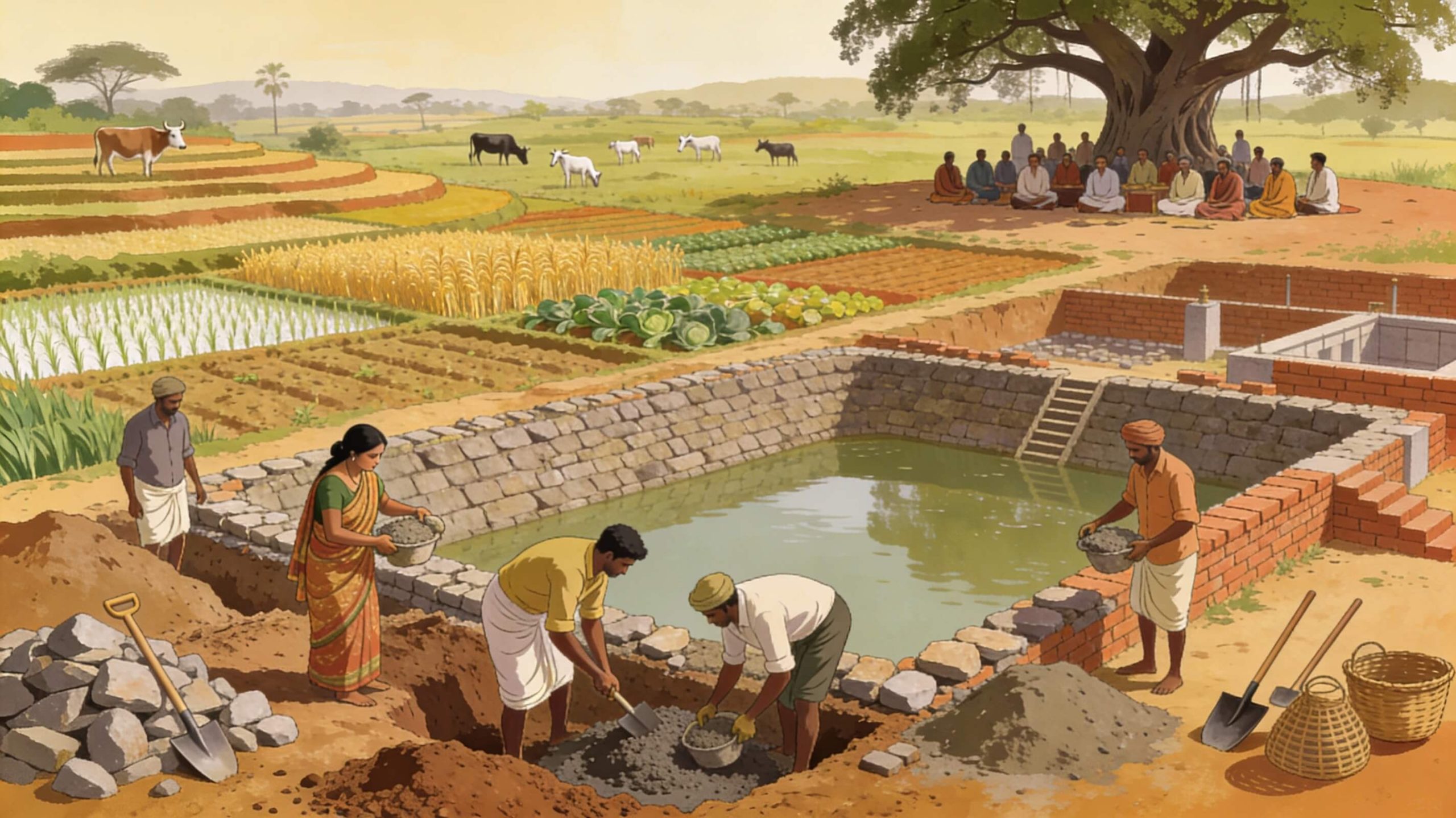In a significant move for Indian agriculture, the National Commodity and Derivatives Exchange (NCDEX) and the India Meteorological Department (IMD) have signed a Memorandum of Understanding (MoU) to introduce India’s first weather derivatives. This initiative aims to help farmers manage risks associated with unpredictable weather patterns.
The partnership was established to create financial instruments that will use verified weather data from the IMD. These instruments will be primarily focused on rainfall, which is a crucial factor for farming success in India. By developing rainfall-based financial products, the NCDEX hopes to provide farmers and related sectors with tools to hedge against climate-related risks like erratic rainfall and heatwaves.
The concept of weather derivatives has been discussed for years in India. With this MoU, NCDEX is set to move from discussion to implementation. The new products will be supported by historical and real-time weather data, enabling better decision-making for farmers. The goal is to enhance the resilience of the agricultural sector against climate extremes.
NCDEX Managing Director and CEO Arun Raste noted the importance of this initiative. He explained that while they aim to launch these products soon, it will require time to develop and test them adequately. This is particularly important considering India’s diverse monsoon patterns. Once developed, the products will be submitted for regulatory approval.
The weather derivatives are designed to cover various sectors beyond agriculture, including transportation and allied industries. This broad approach is intended to create a more robust climate-resilient economy in rural areas.
Moreover, the collaboration between NCDEX and IMD will also focus on capacity building. This means they will conduct joint research and training programs for stakeholders like Farmer Producer Organisations (FPOs), agri-traders, and policy think tanks. The aim is to ensure that all relevant parties understand and can effectively use these new financial tools.
The launch of weather derivatives is expected to provide a market-based solution for farmers facing the uncertainties of climate change. By using these financial instruments, farmers can protect their incomes against potential losses caused by adverse weather conditions. This could lead to a more stable agricultural output and improved livelihoods for farmers.
The introduction of weather derivatives marks a historic step in the evolution of India’s agricultural finance landscape. It reflects a growing recognition of the need for innovative solutions to address challenges posed by climate change.
In conclusion, the partnership between NCDEX and IMD to launch India’s first weather derivatives is a promising development. It aims to provide farmers with essential tools to manage weather-related risks. As the initiative progresses, it could play a vital role in building a resilient agricultural sector and fostering a climate-resilient rural economy across India.




